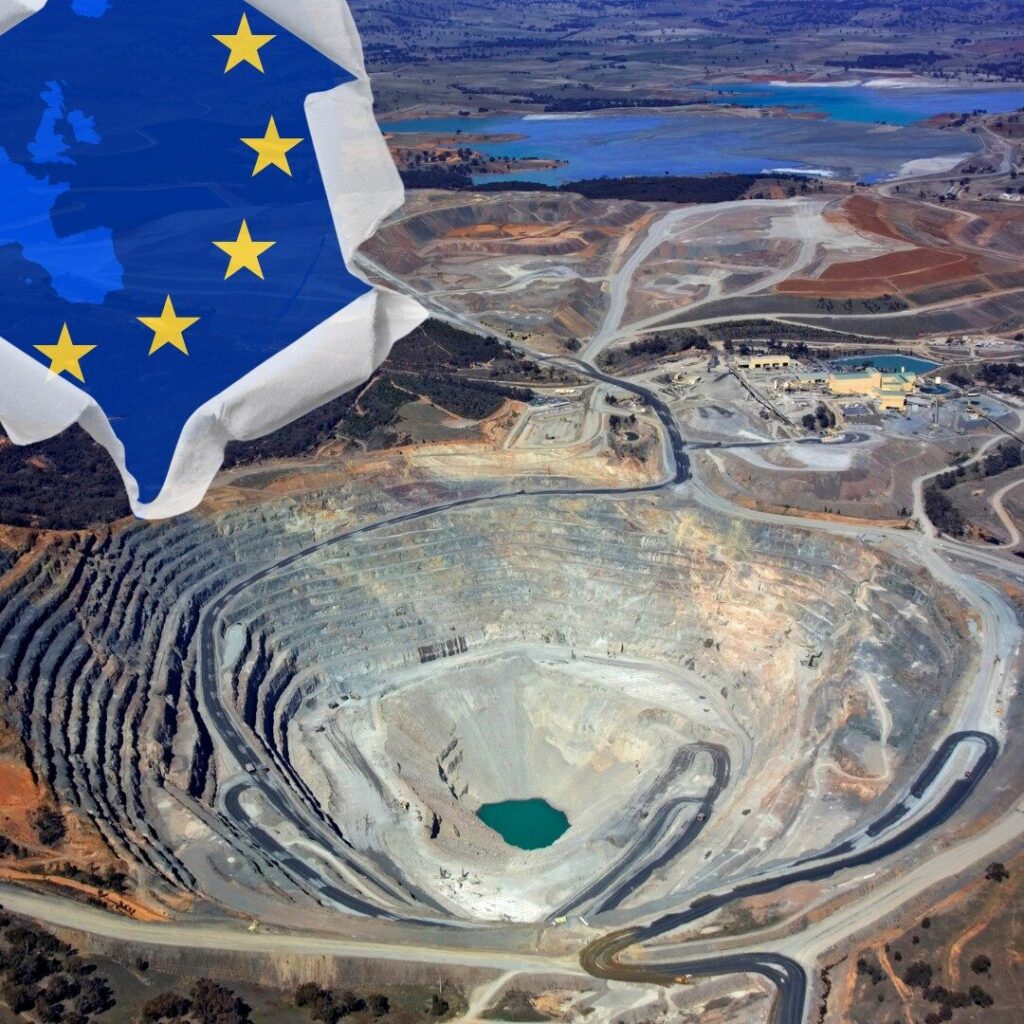This Thursday, the European Parliament will vote on the proposed law on “conflict minerals”, a regulation which aims to guarantee that minerals imported into the European Union do not violate human rights and do not finance armed conflicts worldwide. Long debated, the text is today less ambitious than the project initially proposed by Parliament, to the great dismay of civil society.

Already in 2010, the European Union committed to this: creating a space of transparency within European supply chains which contain mining resources. These are the four minerals, tin, tungsten, tantalum and gold, which were in the crosshairs of the legislator; and this because of the international traffic linked to it. Just in the east of DR Congo, nearly 98 % of gold mining is illegally exported. In addition to the dead loss that this constitutes for the coffers of local authorities, it is also a significant source of income for the armed groups who still occupy more than half of the artisanal mines in this region.
**A necessary European framework
Inspired by the OECD's “duty of diligence” guidelines, the European Parliament therefore wanted to set up a binding system, requiring European companies to ensure that their supply of minerals is extracted in conditions respectful of Human Rights. The project planned to cover the entire supply chains on a mandatory basis; upstream (foundries, refineries, importers of ores and raw metals) as well as downstream, up to the supplier of finished products (GSM, tablet, cars, etc.). However, it is clear that after long negotiations between the European Parliament, the European Commission and the Council, numerous concessions have been made to companies which do not say they are ready to agree to this “due diligence” effort. White list of “responsible” suppliers, import thresholds below which no account must be given, self-regulation, etc. are all weaknesses in the text of the law that civil society condemns :
“All this leaves a bitter taste, a feeling of half-measures” explains Axelle Fischer, Secretary General of the NGO Justice and Peace, “although it is an important initiative, we have today the impression that this law is a net whose meshes are far too large to achieve the set objectives.”
**The opportunity for an integrated approach
In addition to the attention paid to European imports, the text also provides for accompanying measures in the field of diplomacy and technical cooperation. An essential necessity, according to Giuseppe Cioffo, advocacy officer at EurAc, the European Network for Central Africa: “If we wish to break these dynamics of violence linked to the illegal trade in minerals, the EU will have to make full use of this political leverage and push for governance of the mining sector that engages grassroots stakeholders, including civil society.” The European Union is therefore now expected at the turning point by NGOs, so that it can ensure the effective application of this law. Civil society will also ask institutions to take a stronger position on the draft UN treaty on business and Human Rights, a new opportunity to regulate globalized supply chains.
Contact :
Timur Uluç – advocacy officer +32 (0)472/21.60.90
This text was co-signed by different networks of European NGOs, bringing together the approval of more than 50 organizations.
1. Alboan
2. European Network for Central Africa – EurAc
3. CIDSE
4. Christliche Initiative Romero
5. Comisión General de Justicia y Paz de España
6. Justice and Peace Commission
7. DKA Austria
8. Instytut Globalnej Odpowiedzialności
9. Jesuit European Social Center
10. Mainel
11. PowerShift
12. Red of Entidades para el Desarrollo Solidario – REDES
13. WSM – World Solidarity
14. Stop Mad Mining






